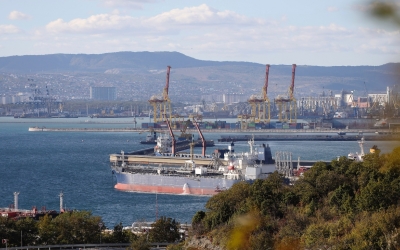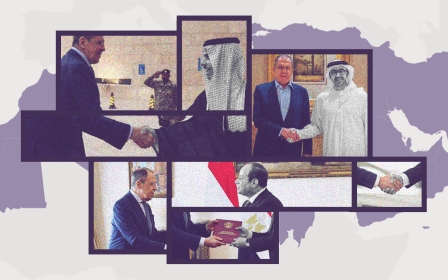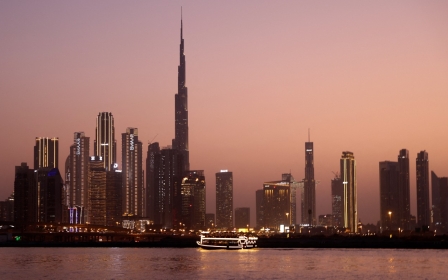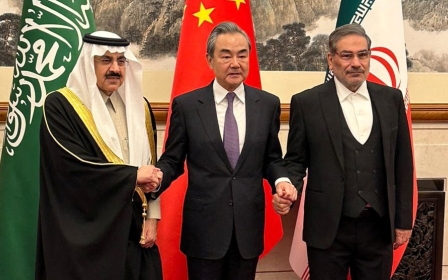Russia surpasses Saudi Arabia as China’s top oil supplier

Russia overtook Saudi Arabia as China’s top oil supplier in the first two months of 2023, according to Chinese government data, in a further sign of the global energy trade’s rewiring.
China imported 1.94 million barrels per day (bpd) from Russia, while Saudi crude imports totalled 1.72 million bpd in the same period. Arrivals from Russia were up 23 percent, while flows from Saudi Arabia slipped to the lowest level since June, down 29 percent from January.
The global oil trade has undergone a rejigging amid Russia’s invasion of Ukraine. Last year, the EU and the UK banned the import of Russian crude. They followed up in February with a ban on Russian petroleum products, such as fuel oil. Those moves have coincided with the rollout of a price cap by G-7 countries on Russian oil and related products.
The measures, designed to keep Russian oil on the market to avoid a price hike while limiting Moscow’s ability to profit from the sales, have shifted trade flows.
China and India have emerged as big buyers of Russian crude, cutting into Gulf countries’ market share in Asia. Meanwhile, Gulf states are redirecting their sales to Europe, where Russia was long the dominant energy supplier.
The changing trade flows carry potential geopolitical implications, analysts say.
'Saudi customer service'
Gulf powers have emerged back at the centre of global energy security discussions, with Europe and the US courting countries like Qatar and Saudi Arabia to help supplant Russian energy.
"The tables have turned on Putin. His isolation has been Mohammed Bin Salman's re-entry onto the global stage," Kristian Coates Ulrichsen, a political scientist at Rice University's Baker Institute, told MEE previously.
Saudi Arabia’s Crown Prince Mohammed Bin Salman was shunned in the West, following the murder of Middle East Eye and Washington Post columnist Jamal Khashoggi. However, he has since met US President Joe Biden in Saudi Arabia and travelled in Europe.
China is still the biggest buyer of oil from the Gulf states. In 2021, China imported $43.9bn worth of crude from Saudi Arabia, which represented more than a quarter of the kingdom's total crude exports.
Analysts have pointed to China’s recent diplomatic foray in the region, negotiating a reconciliation between Saudi Arabia and Iran, as a sign that its economic footprint is leading it to flex its geopolitical muscles.
Karen Young, a senior research scholar at the Columbia University Center on Global Energy Policy, told MEE previously that Saudi Arabia has responded to China’s mediation in part because of the economic ties.
"The agreement with Iran is customer service for the Saudis,” she said previously. "China is their most important customer and they want to be responsive to China's requests.”
Russia and China have also deepened ties following the invasion of Ukraine.
Chinese leader Xi Jinping met with Russian President Vladimir Putin Tuesday in Moscow. The US has said that China is considering providing Russia with arms. The two countries are also discussing a pipeline that would reroute Russia’s gas exports from Europe to Asia.
Middle East Eye delivers independent and unrivalled coverage and analysis of the Middle East, North Africa and beyond. To learn more about republishing this content and the associated fees, please fill out this form. More about MEE can be found here.






